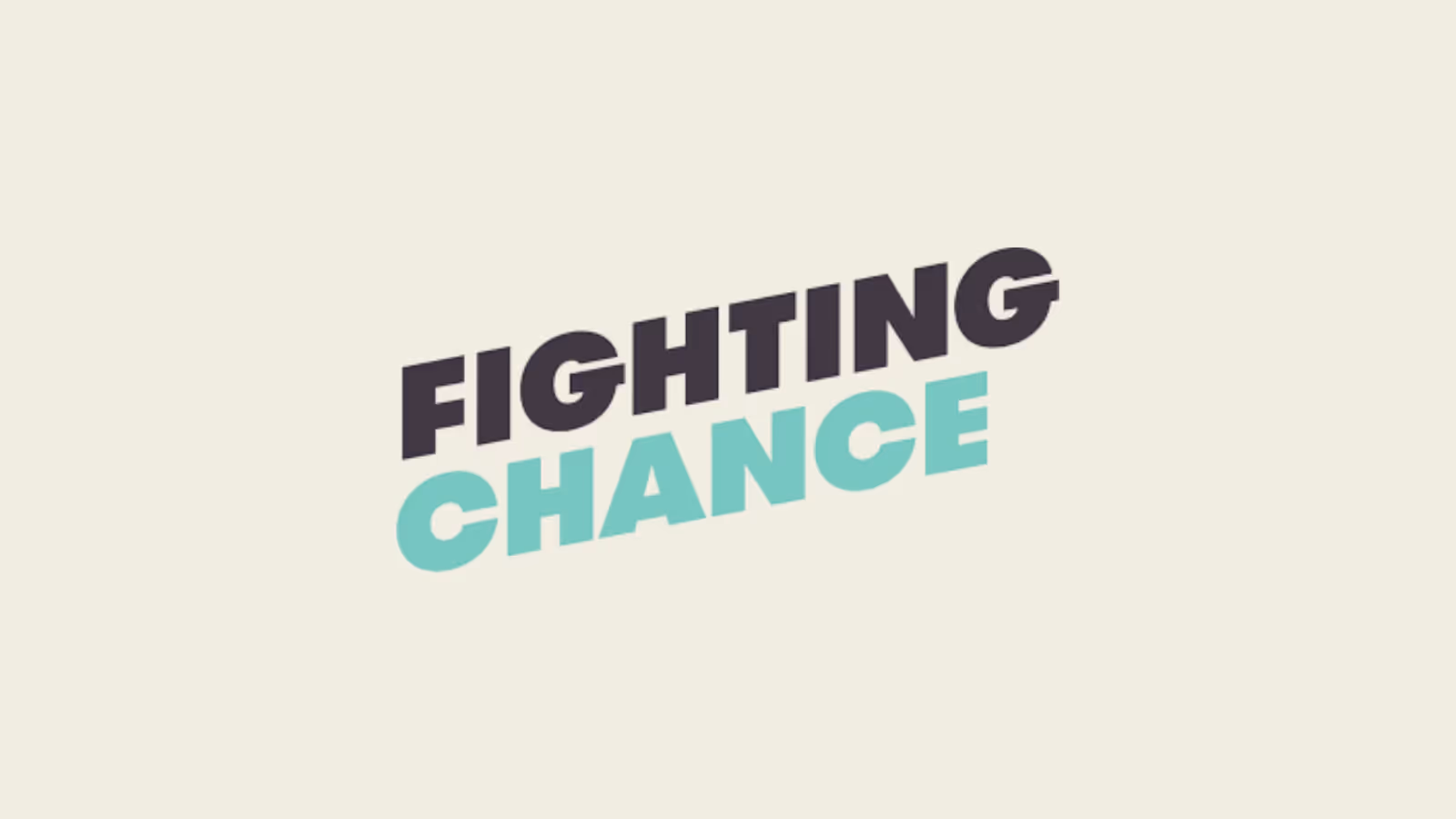Mental Health Stigma Statistics
Key mental health stigma statistics in Australia and across the globe.

Stigma remains one of the biggest barriers to improving mental health outcomes in Australia. Even as awareness grows, millions of people still experience judgement, exclusion, or discrimination — at work, in their communities, and even within their own families.
Mental health stigma affects whether people feel safe seeking help, whether they disclose concerns at work, and whether organisations create environments where mental health is genuinely supported rather than quietly avoided.
This roundup brings together the latest data from Australia and beyond to show how stigma is showing up in 2026 — and why tackling it remains essential for workplaces, communities, and policymakers. Here’s what the numbers reveal.
National Prevalence of Mental Health Stigma
Almost 75% of Australians living with a mental illness report experiencing stigma. [1]
More than four million Australians experienced mental-health-related stigma or discrimination in the previous 12 months. [2]
Over 30% of people believe depression is caused by a “weak personality.” [3]
Workplace Mental Health Stigma & Disclosure
78.1% of people with mental illness experienced stigma or discrimination related to employment in the past year. [4]
Nearly 80% of people with complex mental health issues reported unfair treatment from employers, supervisors, or managers. [5]
Nearly 70% say stigma is most prominent in the workplace, and only 7% always feel comfortable speaking about their mental health with their employer. [6]
More than half (52%) say stigma has jeopardised or negatively affected their job. [6]
More than half of Australian workers say they would hide a mental or physical health condition to avoid discrimination. [7]
42% of workers with poor mental health did not discuss their mental health with anyone at work in the previous year. [8]
53% of professionals are hesitant to discuss mental health at work due to fears of discrimination or reduced opportunities. [9]
Around half of American workers feel uncomfortable discussing mental health at work, and one-third fear career consequences if they seek help. [10]
Only 20% of workers feel completely comfortable talking about their mental health. [10]
Comfort levels differ by age: 62% of Millennials feel comfortable discussing mental health at work, compared to just 32% of Baby Boomers. [10]
Social & Relationship Stigma
95.6% of people experienced stigma or discrimination in their personal relationships in the past year, with 69.1% saying it significantly affected their lives. [4]
47% of people with schizophrenia experienced discrimination when making or keeping friends, and 43% experienced it from family members. [11]
Barriers to Seeking Care
Stigma is one of the leading global reasons people do not seek mental health care. [12]
12.6% avoided treatment because they feared negative judgement from neighbours or their community. [13]
Almost 12% avoided treatment because they feared it would negatively affect their job. [13]
56% of people experiencing mental ill-health still feel ashamed, despite believing stigma has improved. [14]
29% say they feel “too embarrassed” to talk about their mental health, while 20% cite stigma as the main barrier. [14]
40% of men say it would take suicidal thoughts or self-harm for them to seek professional help. [15]
Only 37% of males with a 12-month mental disorder sought professional support, compared to 54.7% of females. [2]
Related Articles
- Practical Workplace Wellbeing Programs
- Employee Burnout Statistics
- Importance of Mental Health At Work
- How To Reduce Stress in the Workplace
- Ways To Reduce Mental Health Stigma
References
[1] SANE Australia. A Life Without Stigma: A SANE Report (2013)
[2] Comcare. Mental Health-Related Stigma (2023)
[3] Study on depression beliefs: https://pmc.ncbi.nlm.nih.gov/articles/PMC5798266/ [4] National Stigma Report Card. https://nationalstigmareportcard.com.au/ [5] National Stigma Report Card – Full Report
[6] WayAhead NSW. https://wayahead.org.au/94-of-australians-say-mental-health-stigma-prevails/ [7] ACAP Workplace Stigma Report.
[8] DCA Inclusion@Work Index 2021–2022
[9] Hays Australia: Mental Health Disclosure Poll
[10] American Psychiatric Association Public Opinion Poll (2019)
[11] The Lancet: Global Schizophrenia Discrimination Study
[12] Healthline. Mental Health Treatment Hindered by Stigma
[13] David Susman PhD. Reasons People Avoid Mental Health Care
[14] Mind UK. Mental Health Stigma Findings
[15] Priory Group. Men’s Mental Health Statistics

Hello 👋 I’m Joel the founder of Foremind.
Are you ready for simplified support & compliance?
Latest insights
Answers to the frequently asked questions.
Email us at enquiries@foremind.com.au and we'll get back to you quickly with a response
Yes, we have culturally competent counsellors available, including those able to work with first nation and CALD employees.
Onshore on secure AWS Servers in Sydney Australia. All data is encrypted in transit and at rest and our entire team is located in Australia.
Employees can access our platform on any device (mobile, laptop, desktop, etc.) as long you have the website link - no need to download any app on devices. You wouldn’t need to enrol any of your staff individually.- When we do our onboarding, we ask for the first name, last name and email of all your employees, and send out an email invite to all them which will allow them to create their own individual account to access the platform. For new staff we can also invite them or provide you with a unique link to embed in your onboarding process, whichever is more convenient for you. We also kick things off with a launch webinar or video to make sure everyone is aware of Foremind and how to use it. We’ll also provide you with any collateral such as posters, QR codes, brochures etc. to help drive awareness and encourage people to create an account in the platform.
The support line is answered by our reception service 24/7. It is for urgent platform or session-related issues only (e.g. *“My counsellor didn’t show”*) or helping staff create an account.






